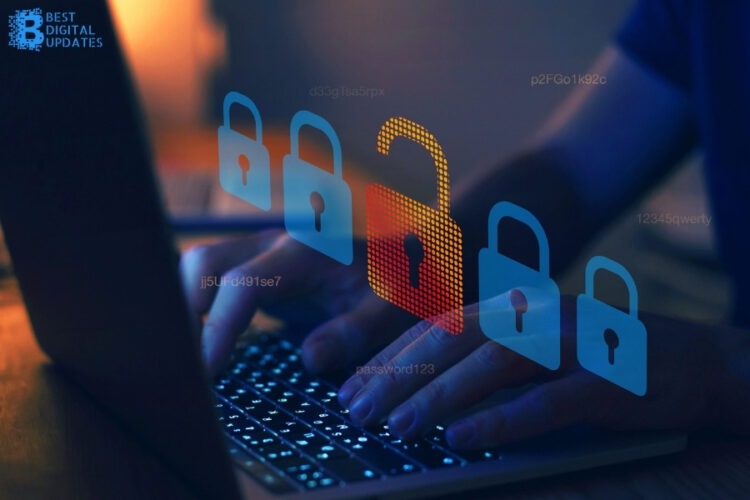As we become increasingly reliant on technology to conduct our personal and professional lives, there have been concerns about cybersecurity and fraud. In recent years, these concerns have only grown. As more businesses move online, the risk of cybercrime increases.
However, as we have seen in recent years, no system is foolproof. Monitoring the dark web is important and this is a recurring activity that businesses have been doing frequently, and it’s one aspect of an overall strategy to combat cybersecurity issues and fraud.
Businesses will do everything to keep their consumers’ data safe and secure but once that personal data has been breached, what happens next? What impact does this have on consumers?
8 Effects of Cyberfraud on Consumer Behaviour Habits
Table of Contents
Despite the best efforts of businesses and individuals alike, data breaches continue to occur. These breaches can result in the theft of consumer data, including credit card numbers and passwords. Here are some other effects:
1. Loss of trust in businesses
After a data breach, consumers may lose trust in the affected business. This can lead to a loss of revenue for the company and decreased customer loyalty. In the wake of a data breach, it is important for businesses to take steps to regain the trust of their customers.
This may include providing information about the breach and what measures are being taken to prevent future incidents.
2. Increased concern about cybersecurity
Cybersecurity is no longer a niche topic. After a data breach, consumers are more likely to be concerned about the security of their personal information.
This can lead to them taking steps to protect themselves, such as using strong passwords and enabling two-factor authentication.
3. Increased use of cash
In the wake of a data breach, some consumers may choose to stop using credit cards and instead use cash for all their transactions. This can be inconvenient, but it is an easy way for consumers to protect their personal information.
4. Increased use of prepaid cards
Prepaid cards are a good alternative to credit cards. After a data breach, some consumers may choose to start using prepaid cards more often. This is because they are not linked to any bank account or personal information.
5. Increased use of loyalty programs
Loyalty programs are a way for businesses to reward customers for their loyalty. After a data breach, some consumers may join more loyalty programs in an effort to protect their personal information.
Businesses should consider offering loyalty programs that offer enhanced security, such as two-factor authentication.
6. Increased use of online reviews
Online reviews are a way for consumers to share their experiences with businesses. After a data breach, some consumers may write more online reviews, both positive and negative. businesses should monitor online reviews closely in the aftermath of a data breach.
7. Changed spending habits
After a data breach, some consumers may change the way they spend their money. They may be more likely to buy things with cash and less likely to make online purchases.
This can have a significant impact on businesses that rely on online sales. In addition, some consumers may be more cautious about how they spend their money. They may be less likely to make large purchases or sign up for a new credit card.
8. Increased interest in fraud prevention
After a data breach, some consumers may become more interested in fraud prevention. They may be more likely to read articles about cybersecurity and how to protect themselves from online scams. businesses can capitalize on this by providing information about their own security measures.
Protection
When it comes to data breaches, companies need to have a fraud protection plan in place. This will help to regain the trust of their consumers. Some ways that a company can protect themselves from fraud are as follows:
- Use strong passwords and change them often.
- Use a different password for each account.
- Use the latest domain monitoring and scanning tools.
- Beware of phishing scams.
- Do not open suspicious emails.
Conclusion
Data breaches can have a significant impact on consumer behavior. In the aftermath of a breach, businesses should take steps to regain the trust of their customers.
They should also monitor online reviews and change their spending habits. Cybersecurity is now a mainstream topic, so consumers are more likely to be concerned about the security of their personal information. businesses should
As you can see, there are many ways that a data breach can affect consumer behavior. businesses should be prepared for these changes and take steps to mitigate the negative effects.




















